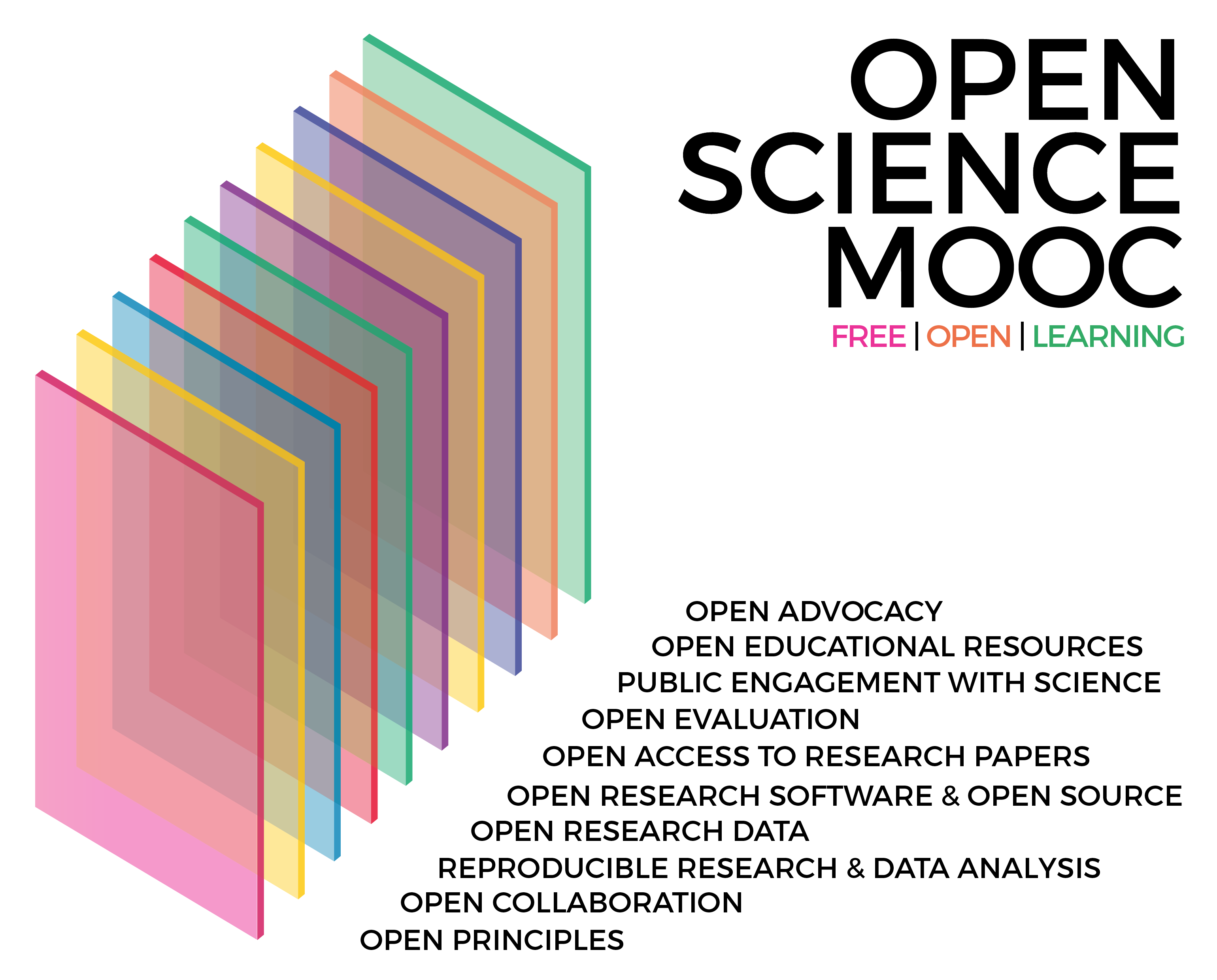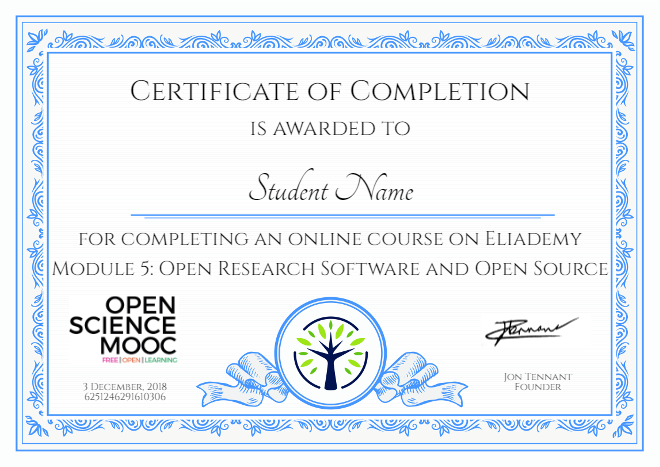What is open science and why is it important?
Guest blog: Palaeontologist and openness activist Jon Tennant introduces ‘open science’, why it’s important, and how you can sign up and get involved in the newly launched ‘Open Science MOOC’
Science around the world is not working as it should be. Most people on this planet do not have access to all the research that they need, the process of publishing and communication is often slow and wasteful, with much of the research process itself often being redundant and littered with questionable research practices and widespread reproducibility failures. Dissemination of knowledge is often driven by commercial interests, which uses copyright to prevent public access to research, while simultaneously contributing to a system of journal-based research evaluation that many have raised serious questions about.
This comes at a time when our planet is facing major issues to do with climate change, catastrophic biodiversity loss, poverty, access to quality education, and energy, food, and water supply challenges. It also comes at a time when public trust in science is becoming more and more questioned. If you believe that public access to high quality scientific knowledge can play any role in helping us to solve these problems, you must also believe that the closed way that many of us perform and communicate science actively prohibits us from meeting these goals.
Enter Open Science. Open Science has many different meanings and interpretations depending on who you ask. For many, it is a process or a set of tools/services; for others it is a business model or political campaign. For me (and others), it is a set of foundational values and principles that enable a better scientific practice - reducing publication bias, increasing reliability and reproducibility, and making research more sustainable and trustworthy – this ultimately helps make science work better to address the major challenges current society faces. This includes, for example, human-facing values such as equity and freedom, with practical principles such as rigour and transparency in research. These are inherent to most researchers, and therefore ‘openness’ should be a fairly natural state for most modern research – open science is just good science! The different types of Open Science as taught by the Open Science MOOC (see also the FOSTER EU Open Science Taxonomy)
Open practices are inherently good for you, your career, and your research. You can accrue citations faster, get greater exposure for your work, increase your speed of communication and collaboration, and even now get more funding and career opportunities. At the same time, the public gets access to your work and your findings can be more widely applied and re-used as the playing field has been levelled. So, in reality ‘Open Science’ as a set of practices helps to enhance your researcher profile, increases the dissemination of your work, and makes you a more effective researcher, while at the same time emphasising your core values as both a researcher and a human being. Thus, even within traditional systems of researcher evaluation and career progression, openness gives you an edge.
If this sounds too good to be true, it’s probably because much of this is still quite idealistic. There are a range of barriers to these things, all of which prevent ‘open’ become the default state for research. These include financial, awareness, training and education, and evaluation issues, all of which vary enormously across different research disciplines and demographics. To overcome many of the social and technical barriers often associated with openness, we need to have a system of sustained education, training and support for researchers around the world. Through this, we can empower the next generation of researchers to become leaders in their fields, reduce power dynamics and exploitation, and build a global community based on shared values and collaboration.
Introducing the Open Science MOOC
This is what we are trying to help build through the Open Science MOOC, and with support from partners such as AuthorAID. We want to develop a peer-to-peer, value-based community that works towards better science for society. Our ultimate goal is to help make ‘open’ the default setting for all global research, through creating and connecting a welcoming and supporting community, based around good tools, teachers, and role models, fundamentally built upon a solid values-based foundation of freedom and equitable access to research.
In late 2018, we launched our pilot module on Open Source and Open Research Software, using the open source platform Eliademy. At the time of writing this, already more than 300 participants have enrolled in the module, dozens have completed the practical tasks, and we have already handed out the first certificates of completion. Example completion certificate from the first available Open Science MOOC module
At the present, we have developed everything as openly as possible. All content has been created collaboratively and in the open using our open GitHub project, and all core communications through our open Slack channel. All content we create is licensed either CC0 or CC-BY for maximum re-use, and constantly released as it is built. The course itself is self-paced, so that anyone can join and complete it whenever they like. And of course, it is totally free to everyone.
In the near future, we expect to launch our next module on Open Principles, and are just putting the finishing touches on the material there. We are also working on growing the community, and hope to start getting the modules integrated with formal training programs at research institutes around the world. As part of this, we are also developing translated versions of the material to make it as accessible as possible, especially for non-native English-speaking people. The whole point of this project is to be as open and accessible as possible to everyone, while encouraging the growth of the open community around the world through peer-to-peer training and learning, and ultimately help to set the default to open!
Find out more about the Open Science MOOC at https://opensciencemooc.eu/
